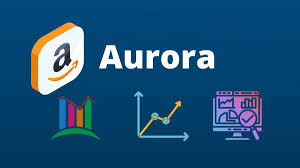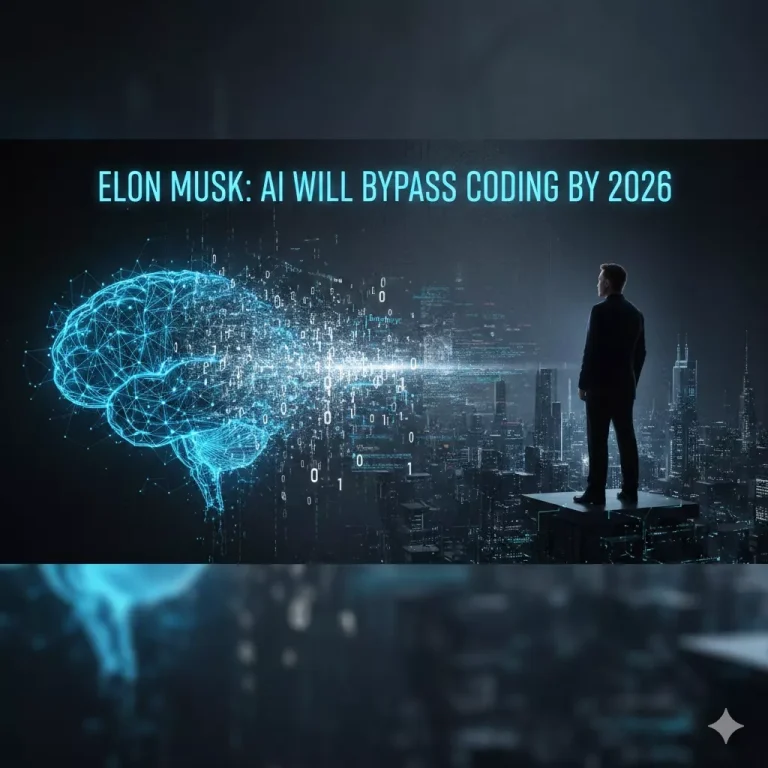Amazon Aurora’s Decade of Innovation: Powering the Future of Cloud Databases
Since its launch in 2015 by Amazon Web Services (AWS), Amazon Aurora has transformed the landscape of cloud-native relational databases with its innovative architecture and relentless focus on performance, scalability, and cost-efficiency. Celebrating its 10th anniversary, Aurora continues to drive enterprise-grade solutions with MySQL and PostgreSQL compatibility, serving as a backbone for countless global applications. As AWS prepares for its August 21, 2025, livestream event, this article, crafted for www.cloudsoftsol.com, delves into Aurora’s technical milestones, including its 256 TiB storage expansion, zero-ETL integrations with Amazon Redshift and SageMaker, the revolutionary Aurora DSQL (Distributed SQL), and AI-agent integrations via Model Context Protocol (MCP) servers.
Revolutionizing Architecture: Compute-Storage Separation
Aurora’s groundbreaking design decouples compute from storage, addressing the scalability and cost challenges of traditional relational databases. Its distributed, fault-tolerant storage layer, initially scaling to 128 TiB and now extended to 256 TiB as of July 2025, replicates data across six copies in three Availability Zones (AZs) for 99.99% availability. Recovery from failures takes under 30 seconds, thanks to a cell-based architecture and quorum-based writes that eliminate traditional redo log replays.
This separation enables Aurora to deliver up to 5x higher write IOPS than standard MySQL on comparable hardware, as shown in SysBench benchmarks. The compute layer supports up to 15 read replicas with single-digit millisecond lag, leveraging shared storage volumes to optimize read-heavy workloads, making it ideal for applications requiring high throughput and low latency.
Unprecedented Scale: 256 TiB Storage Capacity
Aurora’s July 2025 upgrade to 256 TiB storage capacity empowers businesses to manage massive datasets without manual sharding or provisioning. This auto-scaling capability, combined with pay-as-you-go pricing, ensures cost efficiency for data-intensive sectors like e-commerce, finance, and gaming. The I/O-Optimized configuration further reduces costs by up to 40% for workloads where I/O expenses exceed 25% of database spend, enhancing performance for high-transaction environments.
Seamless Data Flow: Zero-ETL Integrations
Aurora’s zero-ETL integrations with Amazon Redshift (introduced in 2024) and SageMaker (expanded in 2025) eliminate traditional ETL complexities, enabling near real-time analytics on transactional data. Data from Aurora clusters is replicated to Redshift for consolidated analytics or to SageMaker’s Apache Iceberg-compatible lakehouse for SQL, Spark, and AI/ML workloads. These integrations support advanced use cases like predictive analytics, fraud detection, and personalized recommendations, reducing latency and operational overhead for data-driven organizations.
Aurora DSQL: Distributed SQL for Global Workloads
Launched at AWS re:Invent 2024 and generally available in May 2025, Aurora DSQL is a serverless, PostgreSQL-compatible distributed SQL database designed for global-scale, always-on applications. Its active-active architecture delivers 99.99% single-Region and 99.999% multi-Region availability, with no single point of failure. DSQL’s disaggregated components—query processor, adjudicator, journal, and crossbar—scale independently via APIs, ensuring flexibility and resilience.
Using optimistic concurrency control (OCC) instead of locking, DSQL avoids deadlocks and boosts throughput. It leverages the Amazon Time Sync Service, powered by GPS-based atomic clocks, for precise global synchronization, enabling strongly consistent reads and writes across regions. In multi-Region setups, peered Regional endpoints and a witness Region ensure durability through synchronous replication. DSQL’s serverless model automates patching, upgrades, and failover, making it a top choice for microservices, SaaS platforms, and industries like banking and retail. Benchmarks show DSQL offers 4x faster reads and writes compared to competitors like Google Spanner.
AI Integration: Model Context Protocol (MCP) Servers
Introduced in June 2025, MCP servers enable AI agents to interact with Aurora databases using natural language, streamlining development. Integrated with Amazon Q Developer CLI, MCP servers allow developers to explore schemas and execute complex SQL queries without manual coding. This capability, combined with Aurora PostgreSQL’s pgvector extension for vector similarity searches, supports generative AI applications by storing embeddings from Amazon Bedrock models. MCP servers also integrate with AWS Lambda, ECS, and EKS, enabling AI-driven workflows in serverless and containerized environments.
August 21 Livestream: Aurora’s Next Chapter
AWS’s August 21, 2025, livestream will showcase Aurora’s latest innovations, including AI-driven applications with pgvector, DSQL’s cost-optimization strategies, and multi-Region consistency. Attendees can engage in Q&A sessions with Aurora experts and access AWS credits to explore new features like MCP servers and Strands Agents, which enhance AI-database interactions while maintaining robust access controls.
Aurora’s Impact: A Cloud-Native Powerhouse
Aurora’s decade of innovation—256 TiB storage, zero-ETL pipelines, DSQL’s distributed architecture, and AI-driven MCP servers—has redefined cloud databases. By blending commercial-grade reliability with open-source economics, Aurora empowers businesses to scale effortlessly and innovate rapidly. For developers and enterprises, Aurora offers a future-proof data platform for the AI-driven, globally distributed world.
Get Involved: Join the August 21 livestream to discover Aurora’s latest advancements and connect with the cloud community. Visit aws.amazon.com/aurora for more details.
Sources:
- AWS Aurora Documentation
- AWS re:Invent 2024 Announcements
- Aurora DSQL General Availability
- Celebrating 10 Years of Aurora Innovation
- Aurora DSQL Technical Insights





